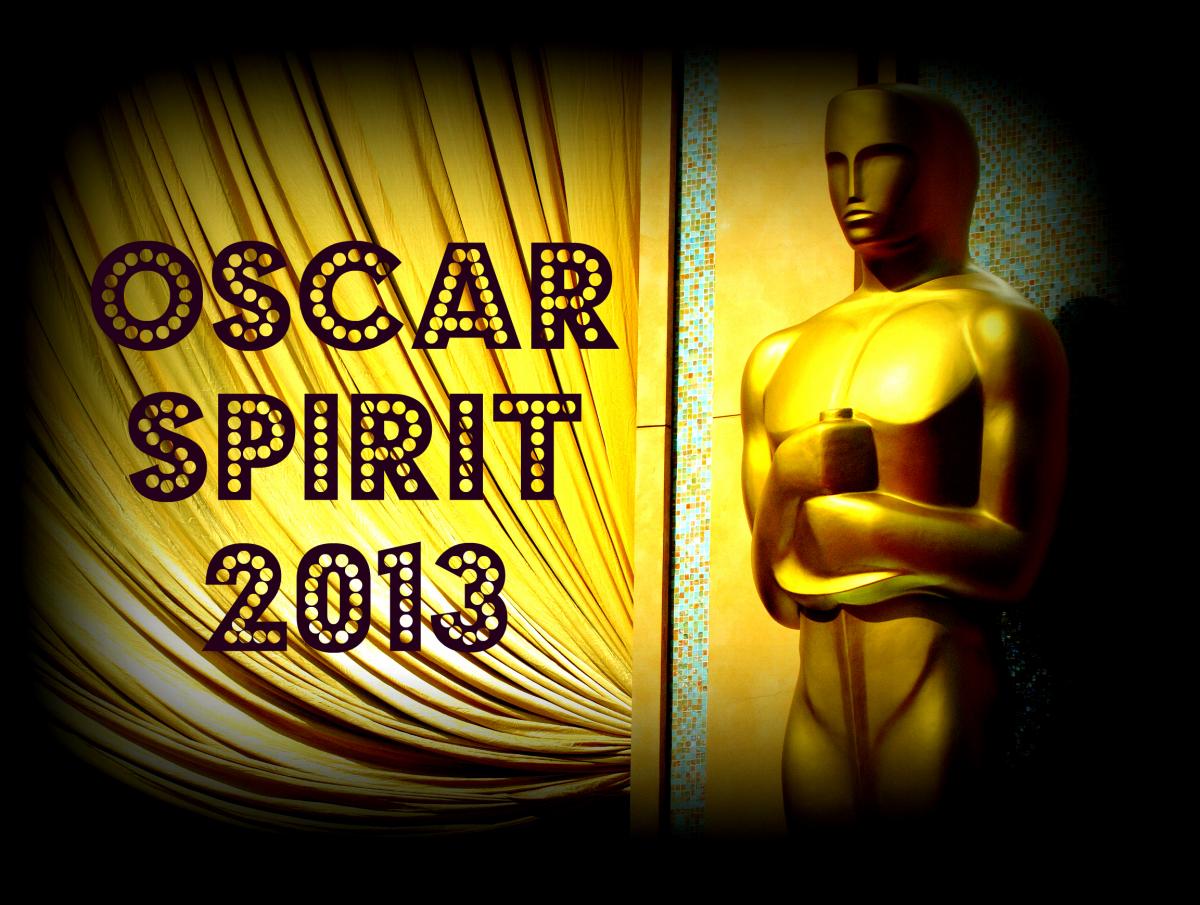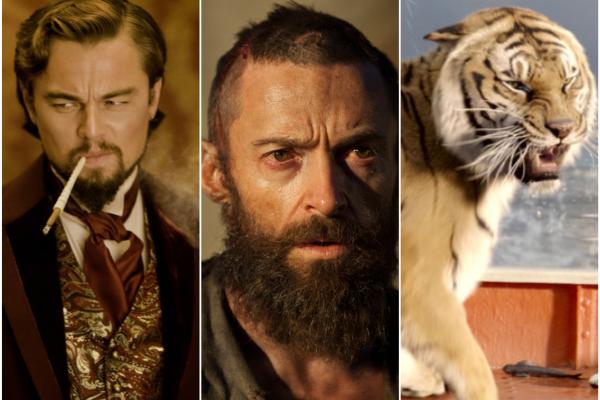 The fragility of life. The servanthood of love. The (im)morality of war. The fundamentals of mercy and justice. The power of grace and forgiveness. The oneness of creation. The personal (and spiritual) toll of climate change. The nature of God and faith. These are some of the spiritual themes explored in the mostly august field of nine contenders for the 2013 Academy Award for Best Picture — Amour, Argo, Beasts of the Southern Wild, Django Unchained, Les Miserables, Life of Pi, Lincoln, Silver Linings Playbook, and Zero Dark Thirty.
The fragility of life. The servanthood of love. The (im)morality of war. The fundamentals of mercy and justice. The power of grace and forgiveness. The oneness of creation. The personal (and spiritual) toll of climate change. The nature of God and faith. These are some of the spiritual themes explored in the mostly august field of nine contenders for the 2013 Academy Award for Best Picture — Amour, Argo, Beasts of the Southern Wild, Django Unchained, Les Miserables, Life of Pi, Lincoln, Silver Linings Playbook, and Zero Dark Thirty.
This week, in the run-up to Sunday's Academy Awards ceremony, we're taking a look at each of the Best Picture nominees, the stories they tell, and the spiritual questions (and answers) they offer. Today we turn our attention to Django Unchained, Les Miserables, and Life of Pi.
Read the Full Article

